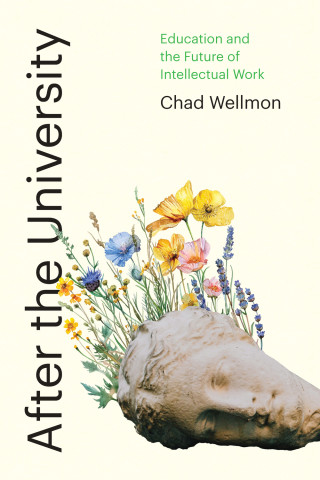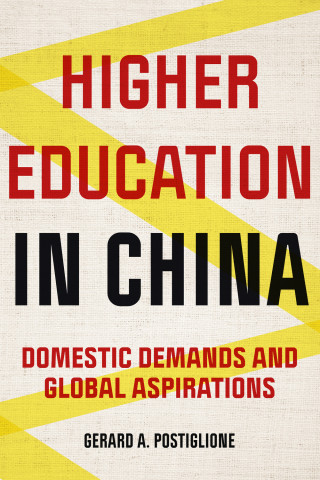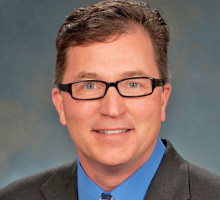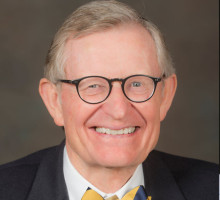
Reviews
This engaging and informative book provides today's college and university leadership with evidence-based insights into the way the public views a range of issues faced by higher ed leaders. Using a survey of respondents in six states to marshal fresh evidence, What's Public about Public Higher Ed? is helpful at a time when more Americans have begun to view our nation's colleges and universities—like most large institutions—in more critical terms.
This engaging, intriguing book made me ponder the whole of higher education and the current state of the world. Timely and groundbreaking, it will generate debate and discussion that will eventually and hopefully move education forward beyond petty partisan divides.
In their typical outspoken style, Gavazzi and Gee address the growing public skepticism toward higher education. Their fact-based analysis and practical suggestions will be helpful to all who believe that an educated and informed citizenry is critical to a functioning democracy.
As accessible as it is scholarly, Gavazzi and Gee's latest book is premised on the straightforward notion that if you want to understand how citizens view public universities, you need to ask them. And that's just what the authors do, via a national survey of Americans' opinions about the major tensions facing public universities. A bracing but optimistic take on higher education today.
Gavazzi and Gee provide insight on what the court of US public opinion believes about higher education and how institutions might be better able to share contributions, showcase value, and garner further support. It is a useful read for anyone who works at a public college or university.
Book Details
Acknowledgments
Introduction
Chapter 1. Opportunities and Threats to Higher Education
Chapter 2. What Citizens Think about Their State's Public Universities: Steps toward Ground Truthing
Chapter 3
Acknowledgments
Introduction
Chapter 1. Opportunities and Threats to Higher Education
Chapter 2. What Citizens Think about Their State's Public Universities: Steps toward Ground Truthing
Chapter 3. Public Funding for Teaching, Research, and Community Engagement
Chapter 4. Focusing Attention on Rural and Urban Communities
Chapter 5. Global Footprint versus Closer to Home
Chapter 6. Merit-Based Aid and Needs-Based Aid for Students
Chapter 7. National Rankings: The Scourge of Higher Education
Chapter 8. Jobs and Politics and Sports, Oh My!
Chapter 9. Disdain the Beaten Path: The Year 2020 as a Turning Point for the American Public University
Appendixes
1. Study Survey
2. Multivariate Tests
3. Tests of Between-Subjects Effects
4. Multiple Comparisons
Notes
Index







